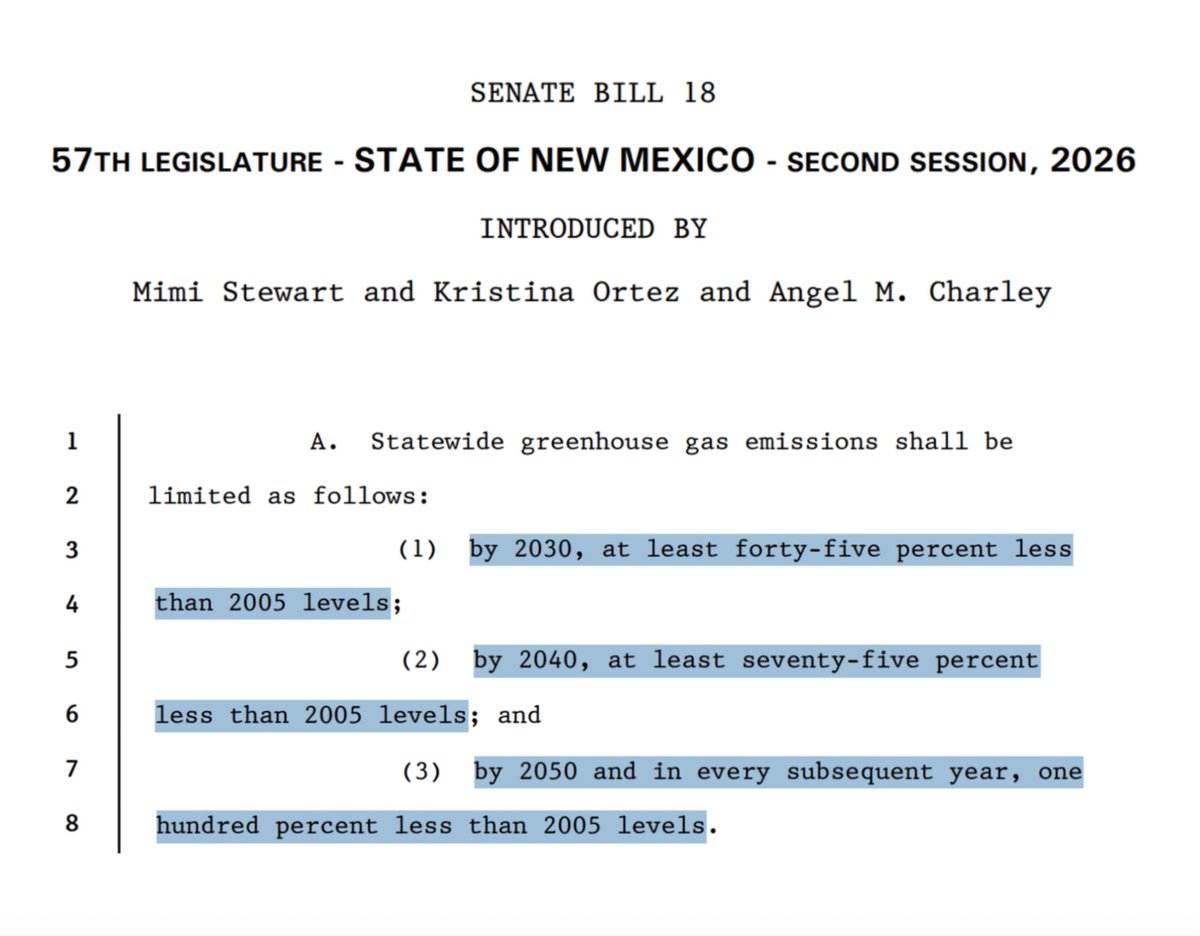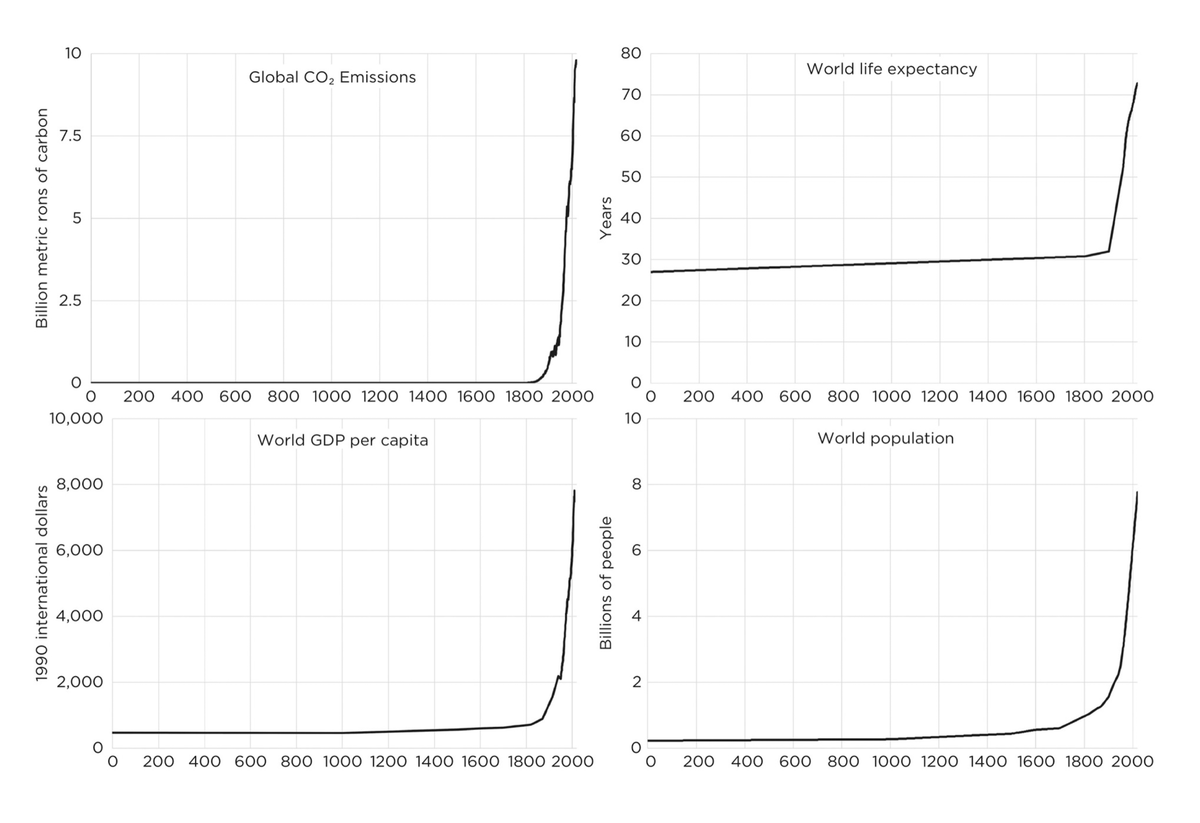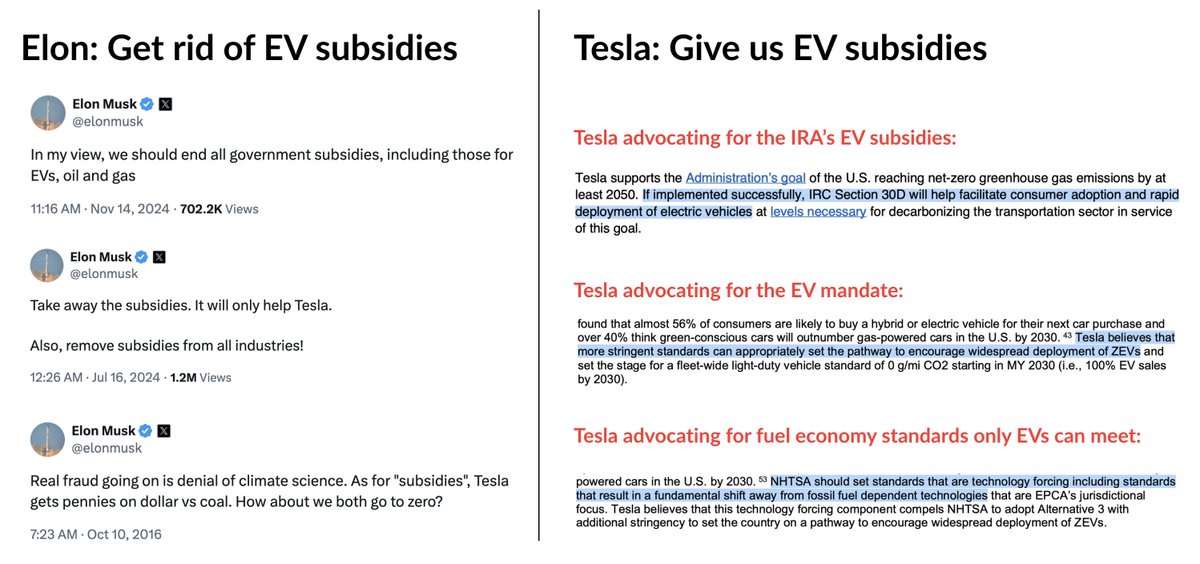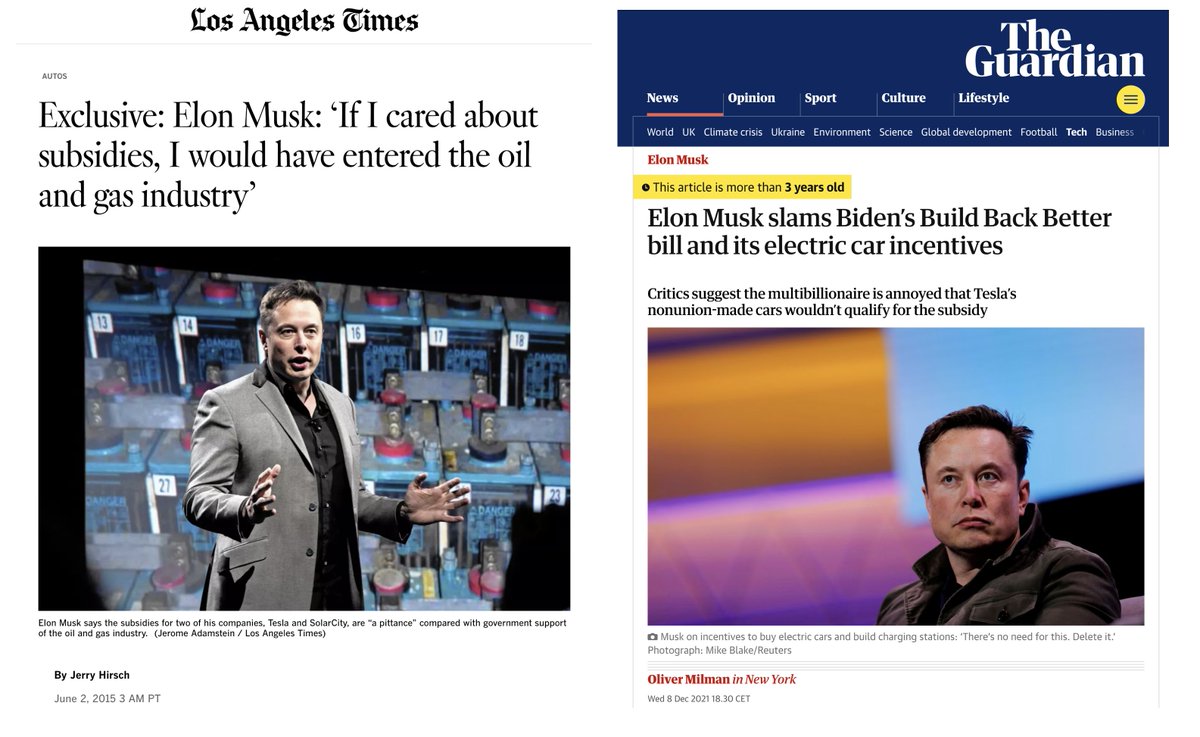Many politicians and media members media have a vested interest in moving past the CA blackouts and raising as few questions as possible about their cause. But Americans have a vested interest in understanding the cause, which is also the cause of rising costs: "unreliables."
"Unreliables" is the proper term for solar and wind electricity, often misleading labeled as "renewable energy." "Renewable energy" is misleading because it usually excludes reliable, renewable large-scale hydro. And because unreliable solar and wind aren't real, reliable energy.
Wind turbines and solar panels cannot provide the reliable energy that our amazing electrical grid requires 24/7. That’s why every place in the world that uses unreliable wind energy depends 24/7 on massive amounts of reliable energy from coal, gas, hydro, or nuclear plants.
Because wind turbines and solar panels are unreliable they can’t replace our reliable power plants, only duplicate or supplement them at tremendous cost. That’s why the more wind and solar a grid uses the more expensive its electricity tends to be.
Energy schemes around the world based on “unreliables”—solar and wind—have been driving up electricity costs, harming economies, destroying domestic industries, and harming consumers. Germans pay 3X US electricity prices to get just 1/3 of their electricity from solar and wind.
While unreliables mandates have obviously caused problems in California, they have also driven up costs and created real blackout risks in other parts of the country. US power prices are going up despite huge declines in the price of our #1 source of electricity: natural gas.
Higher power prices contribute to "energy poverty"--Americans experiencing hardship paying for basic energy needs. 25 million US households say they've gone without food or medicine to pay for energy. 12 million say they’ve kept their home at an unsafe temperature.
Skyrocketing energy prices from wind and solar mandates don’t just increase energy poverty. They increase all poverty by making every product more expensive, and by making American industry uncompetitive. Does anyone think Americans need higher prices and fewer jobs right now?
Thanks to unreliables mandates industrial customers report having their electricity cut off more frequently. Germany has cut off power to an aluminum company > than once a week to keep its unstable grid functioning. Is this what we want for US industry facing global competition?
TX, which has virtually unlimited ultra-cheap natural gas, has significant blackout and price-spike risk because of its insistence on mandating unreliable wind electricity. The Public Utilities Commission of TX calls their grid's margin for error ("reserve margin") “very scary.”
2019 TX incident: “As wind power slowed, [Texas] instituted its first level of emergency alerts, calling on small industrial and commercial generators to pour power onto the grid, and requesting power from Mexico from which an additional 60 MW were imported on Aug. 15." Power Mag
In the NE US, grid operator ISO-NE warns of fuel shortages and blackouts thanks to limited natural gas pipeline capacity: “In the coming years as more oil, coal, and nuclear leave the system, keeping the lights on in New England will become an even more tenuous proposition.”
Instead of learning from unreliable energy schemes in CA and elsewhere, the Biden Plan seeks to do far worse by outlawing reliable fossil fuel electricity and forcing Americans to pay $2 trillion--$15K a household--for a solar and wind-based grid that can’t possibly work.
The fastest way to increase electricity reliability and decrease cost is to end all favoritism for wasteful, unreliable solar and wind schemes. And above all reject any proposal to outlaw reliable fossil fuels and nuclear in favor of "unreliables." More at EnergyTalkingPoints.com
• • •
Missing some Tweet in this thread? You can try to
force a refresh











